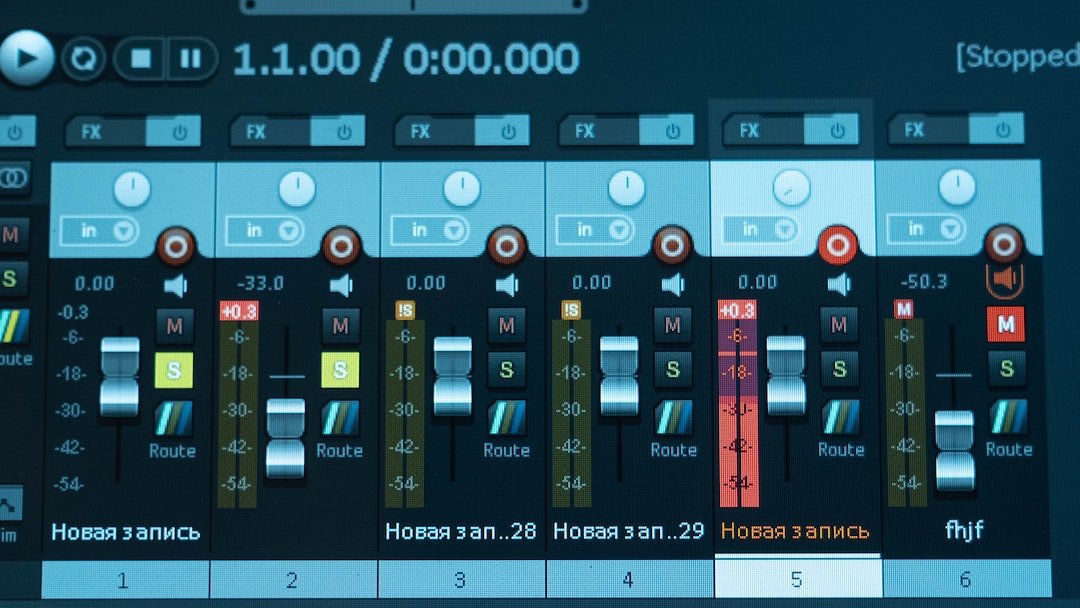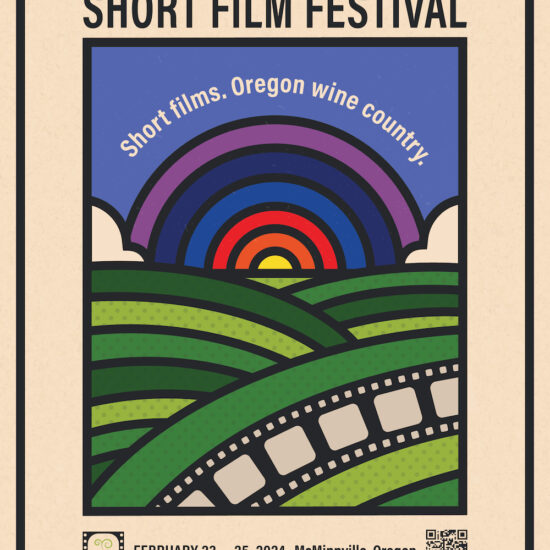
As new technologies emerge and evolve, the first question any filmmaker will rightly ask is “how will this make my life easier?”
Will it reduce costs, speed up processes, or boost creativity? In particular, with costs spiraling upwards, and budgets downwards, creators worldwide are keener than ever to jump on anything that will help keep spend down.
Whilst it was once the norm to hire a composer to score your entire film, more and more people are now turning to licensing platforms in a bid to cut costs – and speed up access and production. The great news for creators is that as these markets get more competitive, the tools available to them keep getting better. With particular (more visual) music licensing platforms like SphereTrax, you can now audition music against your video directly on the platform, saving time and thus helping to reduce costs further. You can also now incorporate smart search faders, as well as AI functionality, to help streamline the process of searching for the right music. This can save valuable time as well as money.
If the mention of the term AI just caused you a sudden twinge of anxiety, then don’t worry – you’re not alone. The sudden proliferation of AI has caused quite a stir, with many people fearing the potential ramifications, particularly in the creative industries. Whilst some are keen to get stuck in and find out what AI can do for them, there are plenty of others who see it as the beginning of the end of not just creativity, but civilisation as we know it. Talk about divisive.
There are of course valid points on both sides of the argument. However, some fears are fueled by misconceptions about what exactly the AI is being employed to do.
Content creators, as well as many other industries, may dread how AI can be used to essentially do our jobs for us. In a world where many are forced to go on strike to campaign for fair pay, it isn’t hard to believe that big corporations would be keen to let AI ‘do our jobs for us’ so they can save money, even if it is at the cost of degrading the art. If this is something that became commonplace it would leave us all without work – certainly not an ideal scenario. But this isn’t the only way AI can be employed.
Thus, we come to an important distinction – generative vs. assistive AI. Generative AI does indeed generate content, and is the sort of AI that will create a piece of music from scratch, or produce a title sequence for a major television show (looking at you, Disney+). Assistive AI, on the other hand, is designed to make our lives easier, assisting us in the tasks we undertake ourselves. Assistive AI takes a brief and helps point you in the direction of relevant human-made content. No composer wants to see freely generated AI music take away from their business, but an AI that can quickly direct people to your music? Now that’s something we can get onboard with.
Of course, AI isn’t the only technological innovation making waves at the moment. Another relatively new audio technology which is beginning to come to the fore is Dolby Atmos. Previously reserved for high end cinema experiences, Atmos is fast becoming industry standard – not just in theatres, but in homes too. Netflix for example now asks for all of its content to be Atmos-equipped, and it won’t be long before all streamers and channels do the same.
This exciting immersive format might previously have been out of reach due to the high costs of running such a set up, but now SphereTrax is bringing Dolby Atmos to the mainstream, giving all creators access at a more manageable cost and helping to empower independent filmmakers that need to equip their productions with immersive sound. Not to mention the empowering of indie musicians who haven’t had access to the high tech kit that masters their tracks in Atmos, ready for use in cinemas or home entertainment systems.
Traditionally, Hollywood film composers come with a hefty price tag, so unless you’re working on a blockbuster film for a major studio, you might struggle to find the budget to bring one onboard. The only way to overcome this without breaking the bank is licensing platforms powered by AI. Particularly ones that are Dolby Atmos equipped.
In recent years, the film industry has faced plenty of criticism over a lack of representation and diversity. This is an issue which still plagues many productions, and whilst it might usually be the actors who face the headlines, this is something equally as apparent in composers as well as the rest of the film crew.
Assistive AI-powered platforms like SphereTrax offer composers unbiased opportunities that they wouldn’t find in Hollywood, as well as a fairer payment system. It helps eliminate the “who you know” and instead asks the much more appropriate question: “how good is the music?”
With complex algorithms and AI technology being used to find the perfect track, discovering exciting new talent can become a breeze. And thankfully, unlike humans, AI is completely impartial. That means an equal footing for everyone, creating a fairer, more inclusive environment for all.
Diversification has more benefits for the industry as a whole. By offering opportunities to a wider variety of composers, we get more interesting and unique music in our films, and so our sound has a better chance of standing out and making waves. These exciting new talents help breed creativity and inspire greater results in our filmmaking. Combine this with new platforms making discoverability, music syncing, mixing, mastering, and more a whole lot easier and cheaper, this just goes to show how clever technology can ultimately (and finally) start to level the playing field across film production – wherever, and whoever, you are.
Sefi Carmel, Composer, Sound Designer, Producer and Mixer, and founder of Soundtrack Creation
Sefi Carmel is an award-winning London based composer, sound designer, producer and mixer. He has been creating soundtracks for films, TV, commercials and games for over a decade.
His diverse credits range from work on A list Hollywood feature films with the likes of Ridley Scott, John Woo, Chris Columbus and Kevin Reynolds; to mixing, remixing and mastering tracks for David Bowie, Phil Collins, Bruno Mars, Michael Bublé, Massive Attack, BB king and many more.
He has enjoyed success creating scores and soundtracks for Disney, Universal, Buena Vista Miramax, Scott Free, BBC, MTV, ITV, National Geographic, Discovery, Sky, Five, Channel 4, BskyB’s cross platform gaming channels and many more.
Advertising clients include top agencies such as Publicist and M&C Saatchi, and top brands such as Mercedes, BMW, Samsung, and many more.
For more than a decade, Sefi has been mixing all the audio for Steam Motion and Sound. Steam is a high-end creative agency with offices in London, New York, and Sydney. Sefi has mixed hundreds of cinema and TV commercials and trailers for Steam, working for A list clients such as Cameron Macintosh, Warner Bros, Decca, Universal, Vodafone and many more.
His soundtracks are an exciting hybrid of epic, cinematic orchestral and cutting-edge electronic music, using superb live musicians coupled with larger-than-life sound design, mixed in earth shattering 5.1 surround, to create that big cinema experience.














